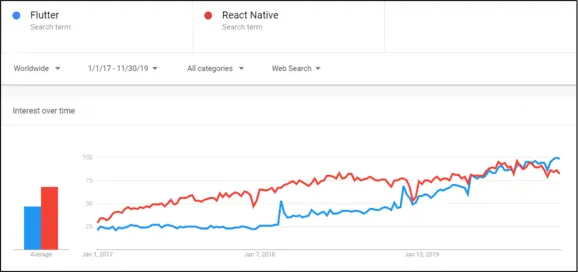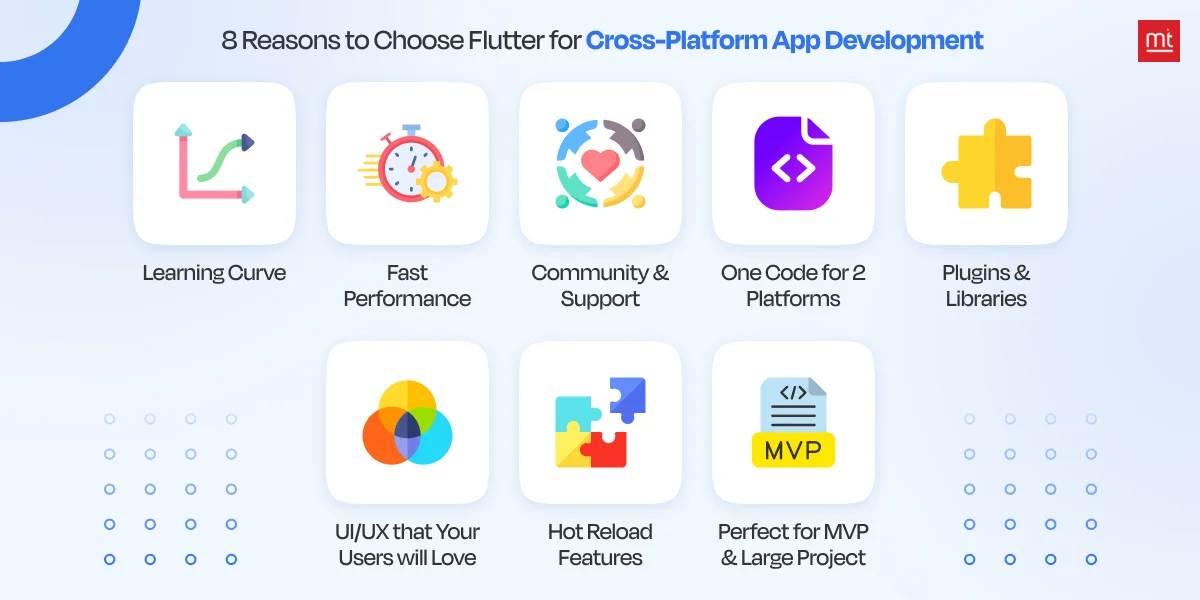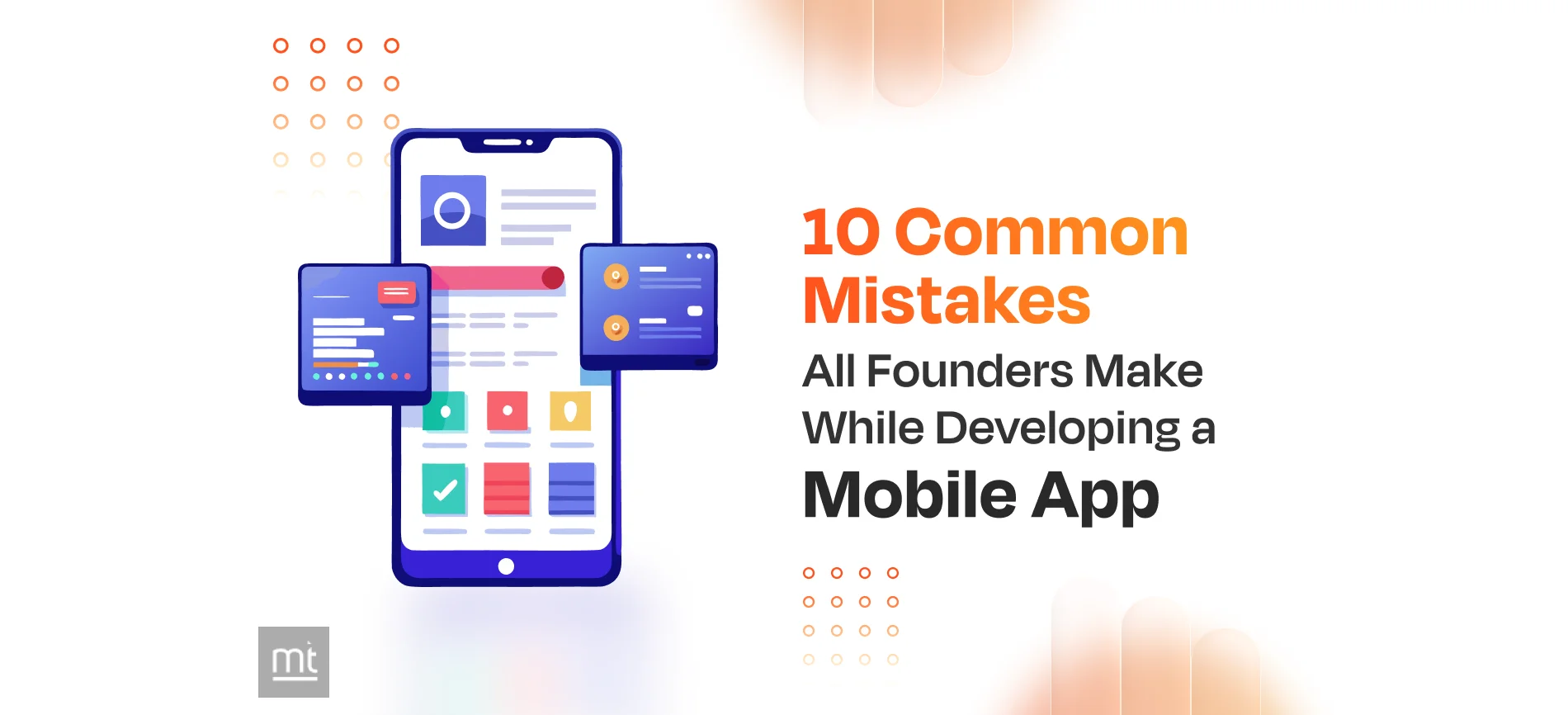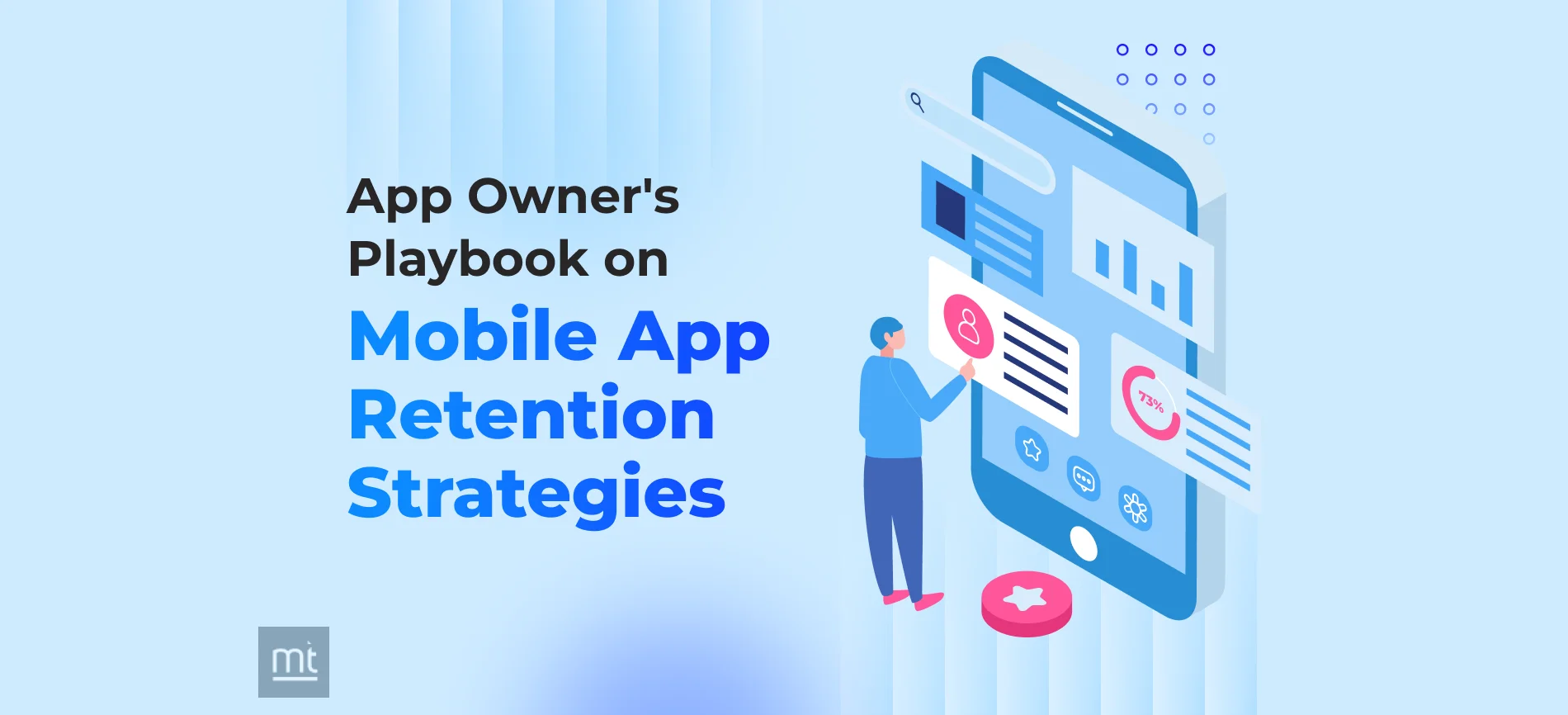Get Free Trial Week Developer Access, Try Before You Hire. Click Here to Claim Now
Key Takeaways:
If you want to build mobile apps but run on multiple platforms Android and iOS then you want a cross-platform app development platform. But some of the question raise in mind before build the mobile app, such as:
What is Cross-Platform App Development?
Why Cross-Platform Development is the Smart Choice for Your Businesses?
Which Technology is Best for Cross-Platform App Development?
Is Flutter the future of Cross Platform App Development?
Here, our ManekTech expert explains all the answers to the above questions. You can build fantastic mobile apps for your business with the excellent guidelines below.
Do you want to build a single mobile app that can run on multiple operating systems like Android, iOS, etc? You can choose a cross-platform app development service that will fulfill your desired needs.
Why Cross-Platform Development is the Future for Your Businesses?
As per the current market trends of cross-platform app development is booming across the world, that have currently highly dominated the mobile application development company over native development. Let's look at here current stats so you can be clear with your selection:
Overview of Cross-Platform App Development Framework Market Trends:
According to Marketresearchfuture, the Cross Platform App Development Framework Market is projected to grow in the current year 2025 USD 15.67 Billion to USD 42.60 Billion by 2034.
According to Statista, The global cross-platform app market is expected to reach $546 billion in 2026.
As the business needs are constantly evolving due to increasing growth and demand, cross-platform is the fit for your business needs.
But now there are lots of questions developing in your mind, but one of the most difficult questions is which cross-platform technology is suitable for your business? There are a lot of cross-platform technologies like: Flutter, React Native, Xamarin, Ionic, PhoneGap, Sencha, Cordova and many more.
Some of them are already dead or it is their endgame now. The main reason is that they were limited and needed knowledge from many areas including the framework itself and native platforms of iOS and Android.
At the present time, Facebook’s cross-platform framework React Native and Google’s launched cross-platform tool Flutter are in the game for most of the new hybrid projects.
This game of thrones for the cross-platform app development leader is very even at the present time, but according to research by statistics, Flutter is the most popular cross-platform mobile framework used by global developers. In a survey, 68.8% of developers expressed interest in continuing to use Flutter for cross-platform app development.
According to Stack Overflow Survey, 9.4% developers using Flutter are over the 9.1% of React Native. Check out this comparison chart of Google trends of Flutter vs React Native

In this blog, you will learn the complete guidelines for why choose Flutter for cross-platform app development and get the decision for building a brilliant app for your business with reduced money, save time and enhance ROI.
What is Cross-Platform App Development?
Cross-platform app development uses a single codebase to build mobile applications that perform on multiple platforms, such as Android and iOS, and others. In cross-platform development, it allows writing a single code instead of separate code for each platform, which works on both Android and iOS with minimal code changes.
There are several cross-platform app development frameworks, but as per research, Flutter and React Native are the most popular cross-platform app development technologies that have a single codebase framework and run on multiple platforms.
Flutter vs React Native - Which One is Best for Cross-Platform App?
Here, you can get a glimpse of a short comparison of Flutter vs React Native. Learn if Flutter is going to be the future of cross-platform app development.
Flutter | React Native | |
What is it? | Open-Source UI Framework | Mobile development framework |
Release | Google in 2017 | Facebook in 2015 |
Stack Overflow Survey | Use 9.4% Developers | Use 9% Developers |
Programming language | Dart | JavaScript |
Launch Timeline | Quick and best for large project | Quick and best for MVPs |
Who Is Using? | BMW, eBay, Square,Alibaba, etc. | Uber Eats, Skype, Tesla, Instagram, etc. |
Google Trends | Highly trending for cross-platform app development | Slightly lagging but still trending |
Future | Highly demand and dependent upon requirements | Demand and dependent upon requirements |
Cost-Effectiveness | Highly cost-effective for long-term projects | Highly cost-effective for MVPs |
As per the comparison of React Native vs Flutter then you can get an idea for which framework is suitable for cross-platform application. Now, we can detail explain with our expert research and guide is flutter cross-platform best for your applications.
What is Flutter?
Flutter is an open-source UI Software Development Kit (SDK) framework for building multi-platform applications from a single codebase that was first released in 2017 by Google. Flutter uses the Dart programming language that allows developers to build cross-platform applications for iOS and Android as well as Web and Desktop.
Overview of Flutter
Developers - Google
Released - First Release in 2017
Programming Language - Dart
Codebase - Single & use in Cross-Platform App
Platform Support:
- Android
- iOS
- Web
- Desktop
- Linux
- macOS
- Windows
Flutter is a red hot tool in the market, but it has excited the mobile app developers since the beginning. At the present, it is considered one of the best cross-platform app development tools. Flutter is considered to be a strong competitor to the already well-accepted React Native. Given the popularity it has amassed over this short span of time, many consider Flutter to be the future of cross-platform app development.
Why Choose Flutter for Cross Platform App Development?
Flutter is the most popular choice among developers as well as small to large enterprises for cross-platform app development due to its fastest performance, single codebase, great community and support, faster time to delivery, reduced development costs, and advanced features that developers can adopt.

Here are the detailed reasons from a ManekTech expert why Flutter is the best cross-platform app development framework.
#1. Learning Curve
Flutter uses Google’s own programming language, Dart. Dart is rather unpopular, but it is the same family as C/C++, Java, Swift.
Dart language does not require any expertise as a prerequisite and is very easy to quickly adapt, so around a week or two is needed to kick in. So, it will not be unfair to call Flutter easy to learn and master.
Why Choose: It is one of the main reasons for the app developers being drawn to its simplicity and efficiency. Flutter documentation is very neat and clear-cut, that’s why it has managed to inspire the developers to adapt and use Dart swiftly.
Read More: Flutter Best Practices To Follow In 2024
#2. Performance
Flutter has great performance which makes it very popular among the mobile app developers. Performance has always been the point of concern for the hybrid frameworks. Mobile apps that are developed using the Flutter framework have immense speed over React Native.
React Native uses the same fundamental UI building blocks as regular iOS apps or Android apps and the JS runs in a separate thread and communicates with native modules through a bridge. Flutter is ahead of time compiled to machine code and gives better performance.
Why Choose: In Flutter apps, UI components as well as whole logic is compiled, that’s why every so often Flutter apps are as fast or even faster than the native Android apps. We can improve the speed of a React Native application with the use of third-party libraries. Nonetheless, in the cutthroat competition, React Native cannot outplay Flutter in terms of app performance.
#3. Community & Support
React Native has a massive developer community. There are lots of tutorials, libraries, plugins and UI frameworks that make it easy to learn the technology and start the development.
Flutter has a lot of catching up to do if it’s to match React native, which is typical for any new, young tool. It’s worth noting that the Flutter community is growing exponentially.
Stack overflow tag trends show an intense increase in developer interest in Flutter. Flutter has 82.5k stars and 10.7k forks on Github, while React Native has 83.5k stars and 18.7k forks.
Flutter has a smaller, less experienced community at present, but current trends indicate that Flutter will draw level with React Native in this respect.
Why Choose: Flutter developers at Google are really good and Flutter documentation is really fantastic and easy to follow for the beginners as well. Plus, Flutter has tons of plugins which makes development easier. One can simply add the features without having the code written from scratch. This saves a lot of time and resources making the app development faster and fun.
#4. One Code for 2 Platforms and Many More to Come!
Writing various codes for various different platforms can be extremely time consuming and difficult, not to forget the importance of maintaining consistency.
Why Choose: With Flutter developers write just one codebase for your 2 apps, covering both Android and iOS platforms. This spares a great deal of time and assets that go into the development and testing.
Read More: The Next Big Thing to Expect in Flutter Development.
#5. Plugins & Libraries
Google’s support for Flutter is impressive and it has tons of plugins which makes the development easier. Flutter is designed to support Material Design out of box, so the framework supports much more widgets.
A developer using Flutter can create most of the views with pre-made widgets which are easily customizable and cross-platform consistent. This saves a lot of time and resources making the app development faster and fun.
Why Choose: Flutter has recently announced plugins for various tools such as Supernova, Rive, Adobe XD, etc. which are helpful to convert Adobe XD file to Flutter widgets code and develop animation for Flutter, so that it reduces development time.
With all the widgets, tools, plugins and packages that the Flutter offers, you can customize them as per the requirements.
React Native supports only basic components out of box, but there are outside repos with many additional components for React Native. A developer can use them in a project but that requires additional effort and time.
#6. UI/UX that Your Users will Love!
Flutter doesn’t rely on native system components, but it has custom widgets which are rendered and managed by the framework’s own graphics engine, Skia. Even new apps look the same on older iOS or Android systems, so you never have to worry about supporting older devices.
Why Choose: Flutter apps have a very user-friendly UI with pretty easy to create animations, a crucial advantage for Flutter over React Native.
Moreover, Flutter developers can theme an app in by using ThemeData, with which can set all values for fonts, colors, and aesthetics once and for all instead of manually changing them everywhere.
Flutter was created in such a way that you could easily create your own widgets, or simply customize an existing widget for better UI/UX design experience.
#7. Hot Reload
Flutter offers a very useful feature for app developers, Hot Reload. It saves a lot of development time. Flutter App Developers can make changes in the code and see them straight away in the app.
Why Choose: Hot Reload usually only takes milliseconds and helps dev teams add features, fix bugs and experiment faster.
Hot Reload enables better collaboration between developers and designers when they want to improve how the app looks and check effects immediately. With native app development, you need to wait up to several minutes to see every change you make.
#8. Perfect for MVP & Large Project!
Flutter is really a good choice for small and medium size applications as well as large scale projects or when content and basic features require constant iteration.
Why Choose: If you want to show your product to investors as soon as possible, you can build a Flutter mobile application that looks pure native on both Android and iOS. Developing two separate native apps would take much more time and money, but Flutter can reduce costs by 30–45% and apps deliver faster by approximately 30–45%.
What's the Future of Flutter in the Upcoming Year?
As per the current trends and stats, Flutter has a bright future in the upcoming years. Here are the following points that explain why Flutter has a bright future in 2025 and beyond:
- Apart from cross-platform app development for iOS and Android platforms, Flutter has also recently announced “Flutter for Web” and “Flutter for Desktop”. Although both of these features are still in Beta and Alpha stage respectively, it seems Google is pretty serious in making Flutter truly a cross-platform development framework for all platforms, including Mobile, Desktop and Web.
- Flutter as a framework is looking very promising and right now has a big developer community. Even at present time, we can find complex apps in the market which are based on Flutter, like Reflectly, Alibaba, Google Ads, Hamilton Musical, Birch Finance, Dream11, Hookle. Please check Flutter Showcase on more apps built with Flutter.
- Along with cross-platform development, Flutter can pave the way for developers to develop for the Fuchsia OS platform. Fuchsia is an experimental operating system, which is in development at Google and many think that Fuchsia will replace Android in near future.
- According to trends of artificial intelligence (AI) and machine learning (ML) , Flutter developers integrate AI and ML into mobile apps. There is currently rising demand. Also, we can expect flutter developers to use the latest tools such as Google ML Kit or TensorFlow Lite into their projects. These advanced tools through developers can enhance user experience and real-time predictive analytics in mobile apps.
- Flutter will play a significant role in the upcoming years in arising technologies like AR and VR. Flutter has the capabilities to allow developers to build mobile apps for various industries such as gaming, retail, entertainment, education, and more, providing a real-world experience through digital integration.
Conclusion
In nutshell, Flutter offers high-end advanced features compared to React Native for developing a cross-platform application for your business. Hiring mobile app developers with expertise in Flutter and experience in various industries results in a great app for your business. If you are looking to develop a highly-functional cross-platform application, with beautiful UI/UX for your business, then ManekTech, a Flutter app development agency, is the right place to head.
Frequently Asked Questions about Flutter for Cross-Platform App Development
Q 1: What Is the Cost of Developing a Flutter Cross-Platform App?
Ans: The cost of developing a flutter cross-platform app depends upon project requirements, complexity, designer and developer location, features, maintenance and support. But the usual price of application development starts from $5,000 and $150,000 or more depending upon the country.
Q 2: How Can I Find Flutter Developers for My Business?
Ans: If you have a small or large scale project then you can choose Flutter development agency and hire their dedicated flutter developer team.. Otherwise, you can find a flutter developer with various freelance platforms like Upwork, Fiverr, or Toptal etc.
Q 3: Can Flutter Apps Match the Performance of Native Apps?
Ans: Yes, Flutter apps can match the performance of native apps. Flutter uses native machine code and runs on a single codebase on multiple platforms, fast performance, hot reload features, great UI/UX experience which uses the Skia native rendering engine to render UI directly rather than depending on native UI components.
Q 4: Is Flutter Suitable for Both Small Startups and Large Enterprises?
Ans: Yes, Flutter is suitable for both small startups and large enterprises. Furthermore, Flutter is perfect for MVP projects as well as large fortune organizations such as Google, BMW, and Alibaba, etc. use Flutter to provide secure, fast and flexible solutions.
Q 5: How Does Flutter Help Reduce the Cost of App Development?
Ans: Flutter helps to reduce mobile app development costs by allowing app developers to use single codebase for both Android and iOS platforms. This reduces the costs, saving time and effort needed for development and maintenance. Its built-in widgets and features like Hot Reload make it faster to run, fix bugs, and design the app, helping businesses save around 30–50% compared to developing separate native applications.
Recent Blogs
Subscribe to Our Newsletter!
Join us to stay updated with our latest blog updates, marketing tips, service tips, trends, news and announcements!






![Mobile App Monetization Strategies: How to Make Money from Apps? [The Complete Guide]](https://www.manektech.com/storage/blog/image/1760089356.webp)















